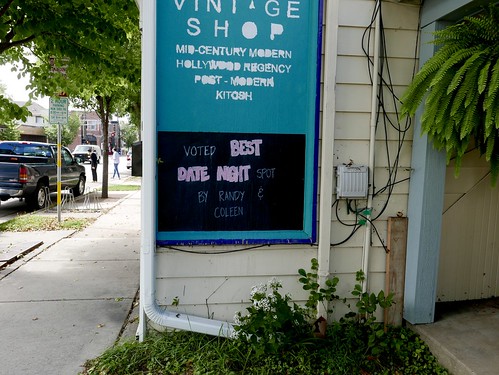Asks Andrew in the comments to
yesterday's café. He adds: "The Democrats are crossing one line after another. I can only hope they rue the day." His link goes to a Rod Dreher post at The American Conservative,
"When They Came For Kavanaugh’s Kid," which shows this cartoon by Chris Britt that was published in the Illinois Times:

Dreher asks:
"How can a man do this to another man’s child? How can editors allow this to pass? What corrupt and wicked hearts they have." Dreher has to update and expresses puzzlement:
For some reason, this image is being passed around to some people as if I approved of its message. If you’re going to send it around, please point out that I *abhor* this image.
I think I can help Dreher with his puzzlement, because when I first saw the cartoon — fully knowing that Andrew thought it was despicable — I thought of asking the question: Which way does this cartoon cut? You can go 2 ways:
1. Kavanaugh is presumed to be an angry, lying, alcoholic man who really did sexually assault Ford, and the daughter knows it and asks God to forgive him.
2. Kavanaugh's daughter has heard what is being said about her father, believes it, and asks God to forgive him.
In the second reading, the cartoonist would be criticizing the politicians and the press for going after Kavanaugh in a way that hurt that child, destroying her understanding of him as a good man, and the child turning to God to help her in her devastation.
Look again at Dreher's question, "How can a man do this to another man's child?" What was done to the child and who did it? In interpretation #2, we see a child to whom the attack on Kavanaugh has done something terrible, and the cartoonist is showing us that. That message is the same one Kavanaugh himself delivered:
You have destroyed my family. Look what you did, you fiends! Kavanaugh also said that his child was so wise that she knew, in her religion, that she should pray for "the woman." That same sincere religious belief would bring her to pray for her father, if she thought he was all those things people were saying. The cartoon shows the child possessed of that belief and still following her religion.
Understanding the cartoon in those terms, Dreher's readers could think he approved of it. Since the first interpretation is the easier one to make, I can see why he doesn't want to be associated in a positive way with the cartoon, but with a bit more reflection, he might see how the second interpretation, though harder to reach, is really more sound. And I'm saying that even though I would guess that the cartoonist had the first interpretation in mind.
On the subject of using children in politics, Dreher's question is also complex: "How can a man do this to another man's child?" I'd like to keep children out of politics, but does that mean images of children don't belong in cartoons? The child isn't the intended audience for this cartoon. We, the adults, are seeing an image of a child and it may move us, because children draw out emotion. They represent innocence and vulnerability. That's why the second interpretation jumped out at me. I feel protective of the child whose tender, impressionable mind has been invaded by ugly images of her father.
Dreher seems to be tapping into some old rule: Don't attack the children! But the cartoon isn't an attack on the child. It's a flip of the way Kavanaugh himself used the child: She's so beautiful and valuable that she prayed for the woman who is accusing her own father. If Kavanaugh can use his child that way, and a cartoonist may not counter that with another point of view, it's a lot like the way Christine Blasely Ford was able to make her accusations and escape cross-examination. Don't attack the woman!



















